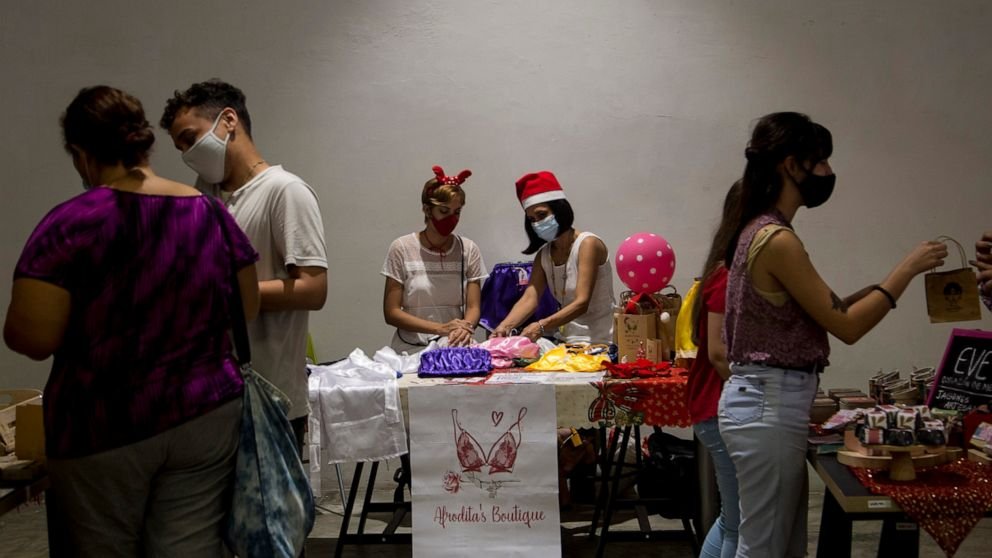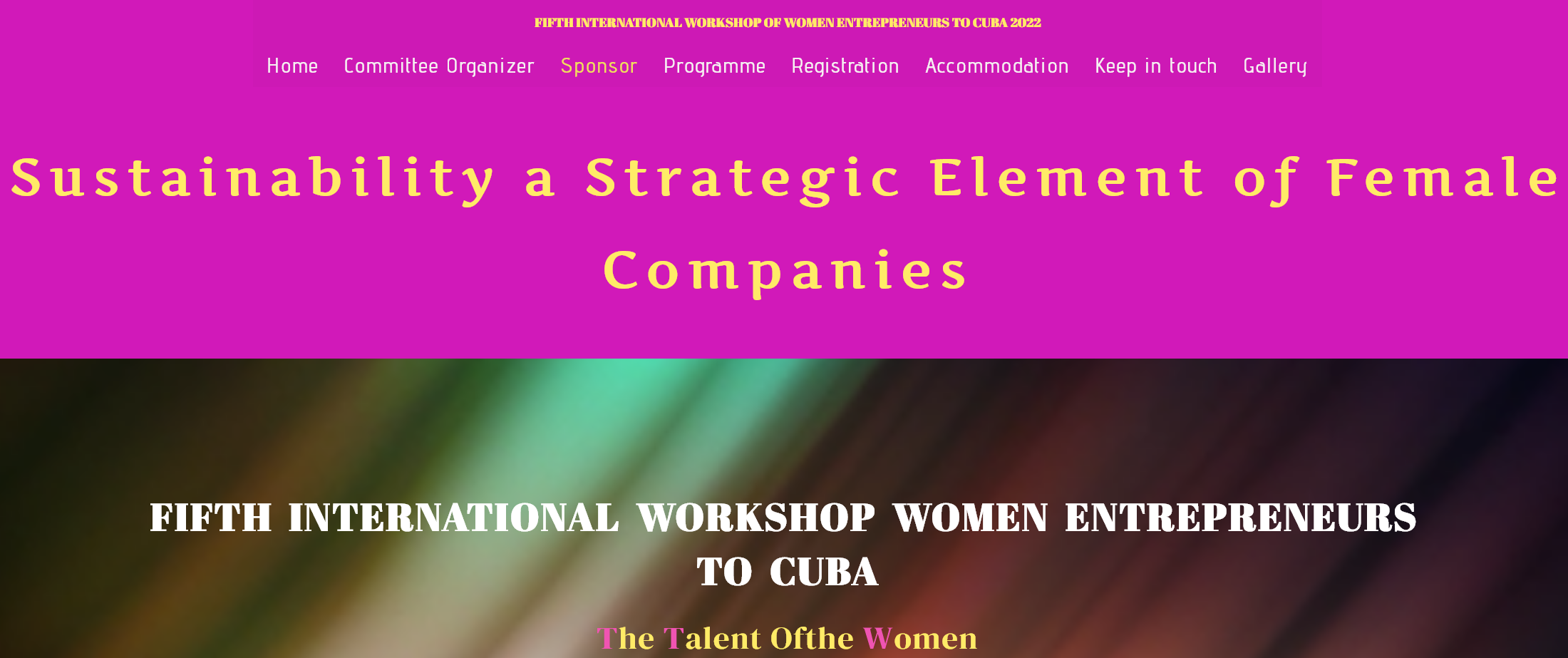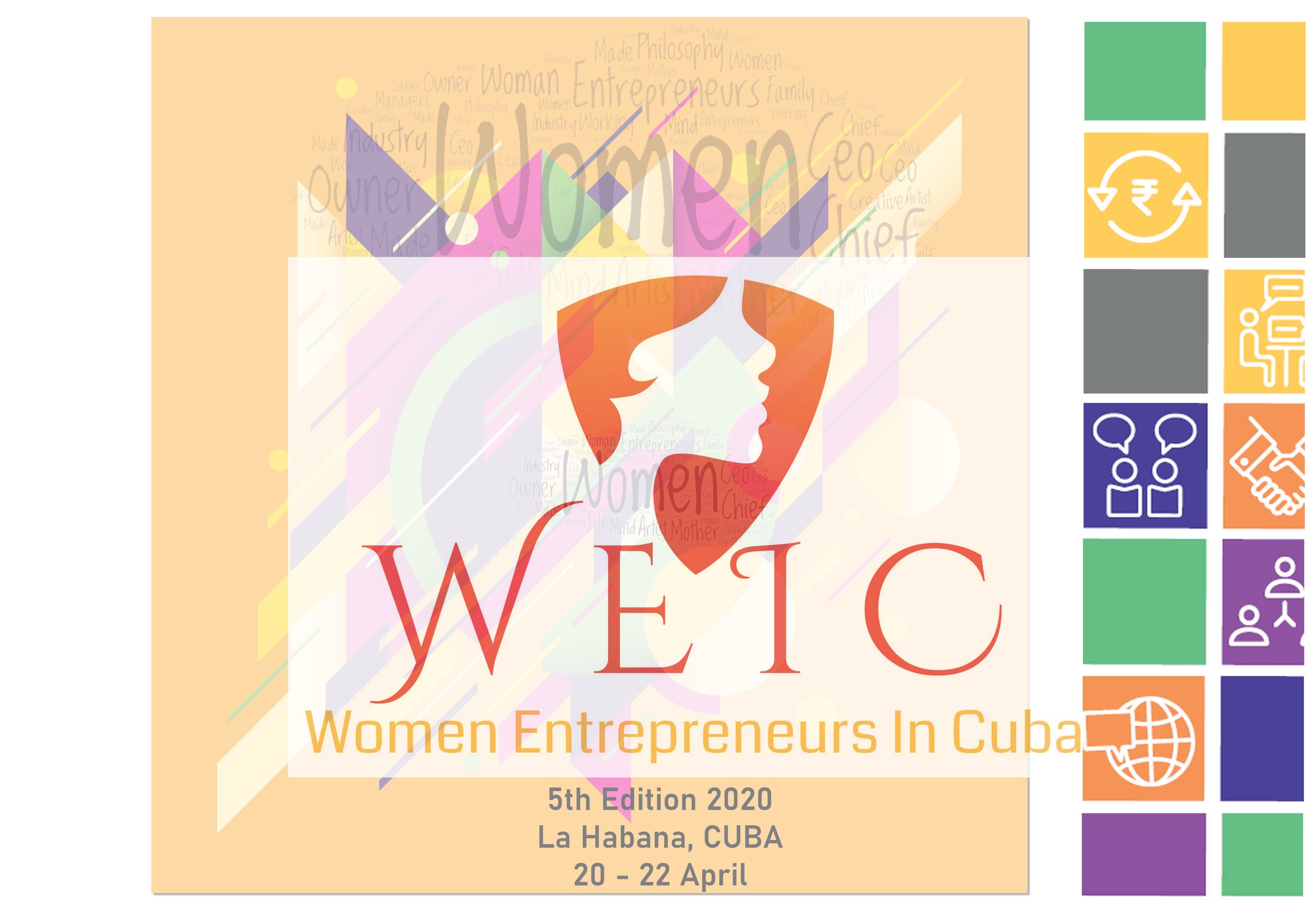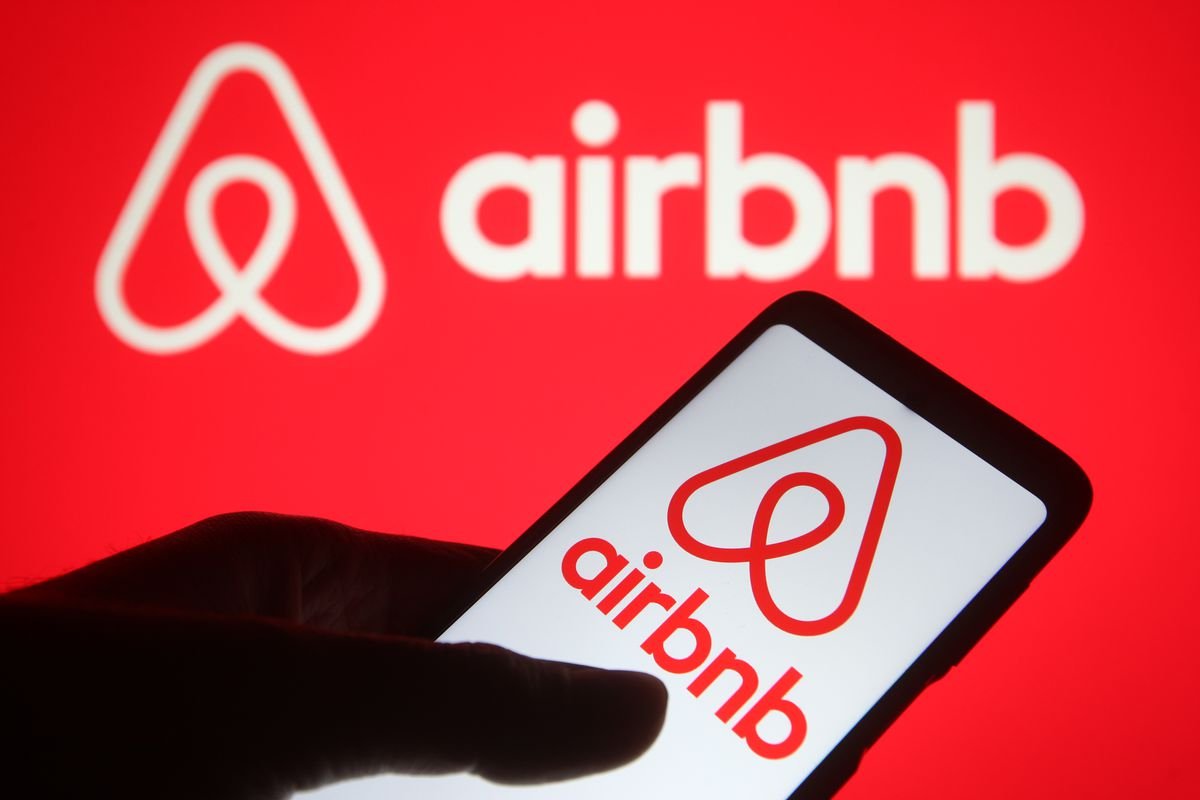Context Is Crucial…
“Under a brief détente, the Obama[-Biden] administration held talks with the Cuban government on the issue, but got nowhere.” (El Nuevo Herald- 9 January 2022)
The Obama-Biden Administration (2009-2017) never linked commercial, economic, or political re-engagement with the Republic of Cuba to a resolution of the certified claims- the soil from which United States policy, regulations and laws sprouted due to the seizure by the Republic of Cuba on 6 August 1960 of an oil refinery owned by White Plains, New York-based Texaco, Inc.
The Biden-Harris Administration (2021- ) has an opportunity to correct what both the Obama-Biden Administration and Trump-Pence Administration (2017-2021) failed to do.
The reported efforts by the Obama-Biden Administration to seek a resolution to the 5,913 certified claims valued at US$1,902,202,284.95 were chronicled by three (3) meetings in 2,923 days during its two terms in office; or since the announcement of a bilateral rapprochement on 17 December 2014- three (3) meetings in 766 days.
Dishonest for officials of the Obama-Biden Administration to describe three meetings in eight years as confirmation that a settlement of the certified claims was a “top priority” of Obama-Biden Administration.
Critical to appreciating how a resolution of the certified claims was not a “top priority” for the Obama-Biden Administration is to note that after the first meeting and after the second meeting, the United States Department of State reported that a follow-up meeting to each had not been scheduled.
The Obama-Biden Administration never made an effort to link a resumption of regularly-scheduled commercial airline service, licenses for a hotel management company, continued operations for an electronic remittance service provider or anything else to a settlement of the certified claims. That commercial linkage may have met limited resistance from the Republic of Cuba.
Had the Obama-Biden Administration linked a settlement of the certified claims to an expansion of commercial activities in the Republic of Cuba by United States companies, quite likely that the Trump-Pence Administration would not have implemented on 2 May 2019 Title III of the Cuban Liberty and Democratic Solidarity Act of 1996 (known as “Libertad Act”). Title III authorizes lawsuits in United States District Courts against companies and individuals who are using a certified claim or non-certified claim where the owner of the certified claim or non-certified claim has not received compensation from the Republic of Cuba or from a third-party who is using (“trafficking”) the asset.
The Biden-Harris Administration should consider linkage between an active re-engagement with the Republic of Cuba by United States companies to the settlement of at least three certified claims- those relating to airline, hotel, and remittance. For example:
Less than 10% of landing fees paid to the Republic of Cuba during the period 1 December 2016 to 30 November 2018 by Atlanta, Georgia-based Delta Air Lines (2020 revenue US$24.4 billion) would have settled the US$964,278.20 certified claim held by Delta Air Lines.
Less than six months of remittance transfer fees paid to the Republic of Cuba by Denver, Colorado-based Western Union Company (2020 revenue US$4.8 billion) would have settled the US$4,264,727.08 certified claim held by Western Union Company.
The second-largest certified claim valued at US$181,808,794.14 is controlled by Bethesda, Maryland-based Marriott International (2020 revenue US$10.5 billion); the certified claim also includes land adjacent to the Jose Marti International Airport (HAV) in Havana, Republic of Cuba. A subsidiary of Marriott International, Inc., Starwood Hotels and Resorts Worldwide LLC, held a series of two-year licenses from the Office of Foreign Assets Control (OFAC) of the United States Department of the Treasury in Washington DC to manage two (2) properties located in the Republic of Cuba. The OFAC licenses were first issued during the Obama-Biden Administration and renewed during the Trump-Pence Administration before being terminated in 2020. The monthly hotel management contract payments to the Republic of Cuba from Marriott International could have been directed to repay the certified claim.
Bilateral Background
United States Department of State
Washington, DC
“The United States and Cuba will hold the third government-to-government meeting on claims in Havana, Cuba, on January 12, 2017. The U.S. delegation will be led by Brian Egan, the Legal Adviser for the U.S. Department of State. The meeting will allow the delegations to build upon previous discussions in Havana and Washington, DC, and to exchange views on technical details and methodologies regarding outstanding claims. Outstanding U.S. claims include claims of U.S. nationals that were certified by the Foreign Claims Settlement Commission, claims related to unsatisfied U.S. court judgments against Cuba, and claims held by the United States Government. The United States continues to view the resolution of these claims as a top priority.”
Ministry of Foreign Affairs
Havana, Republic of Cuba
"CUBA, January 12, 2017. On Thursday, January 12, the third meeting between representatives of the governments of Cuba and the United States on the subject of mutual compensation was held in Havana. The Cuban delegation was chaired by Abelardo Moreno Fernández, Vice Minister of Foreign Affairs and the US, by Brian Egan, State Department legal adviser. At this meeting, which continued in Washington on July 28, 2016, delegations continued the exchange on the claims of both States and evaluated possible mechanisms for joint settlement of mutual claims as part of the negotiation process of this complex theme. The Cuban delegation reiterated that within the framework of this solution, it is essential to consider the claims of the Cuban people for human and economic damages, as reflected in the sentences issued by the Provincial People's Court of Havana in 1999 and 2000, respectively. The representatives of both governments reiterated the importance and usefulness of continuing these exchanges. (Cubaminrex)"
Bilateral Meeting Timeline
17 December 2014 to 8 December 2015- 356 days between President Barack Obama’s 2,283-word statement (that did not mention certified claimants) and the first meeting of representatives from the government of the Republic of Cuba and the United States Department of State to discuss the issue of certified claims.
8 December 2015 and 28 July 2016- 233 days between the first meeting and second meeting of representatives from the government of the Republic of Cuba and the United States Department of State to discuss the issue of certified claims.
28 July 2016 to 12 January 2017- 168 days between the second meeting and third meeting of representatives from the government of the Republic of Cuba and the United States Department of State to discuss the issue of certified claims.
12 January 2017 to 20 January 2017- 8 days between the third meeting of representatives from the government of the Republic of Cuba and the United States Department of State to discuss the issue of certified claims and the end of the Obama Administration.
Based upon the results, the Obama-Biden Administration had no intention of negotiating a settlement, but remained content with the imagery of dialogue. The questions that the United States Department of State never answered:
Certified Claims Background
There are 8,821 claims of which 5,913 awards valued at US$1,902,202,284.95 were certified by the United States Foreign Claims Settlement Commission (USFCSC) and have not been resolved for nearing sixty years (some assets were officially confiscated in the 1960’s, some in the 1970’s and some in the 1990’s). The USFCSC permitted simple interest (not compound interest) of 6% per annum (approximately US$114,132,137.10); with the approximate current value of the 5,913 certified claims is approximately US$8,750,130,510.77.
The first asset (along with 382 enterprises the same day) to be expropriated by the Republic of Cuba was an oil refinery on 6 August 1960 owned by White Plains, New York-based Texaco, Inc., now a subsidiary of San Ramon, California-based Chevron Corporation (USFCSC: CU-1331/CU-1332/CU-1333 valued at US$56,196,422.73).
From the certified claim filed by Texaco: “The Cuban corporation was intervened on June 29, 1960, pursuant to Resolution 188 of June 28, 1960, under Law 635 of 1959. Resolution 188 was promulgated by the Government of Cuba when the Cuban corporation assertedly refused to refine certain crude oil as assertedly provided under a 1938 law pertaining to combustible materials. Subsequently, this Cuban firm was listed as nationalized in Resolution 19 of August 6, 1960, pursuant to Cuban Law 851. The Commission finds, however, that the Cuban corporation was effectively intervened within the meaning of Title V of the Act by the Government of Cuba on June 29, 1960.”
The largest certified claim (Cuban Electric Company) valued at US$267,568,413.62 is controlled by Boca Raton, Florida-based Office Depot, Inc. The second-largest certified claim (International Telephone and Telegraph Co, ITT as Trustee, Starwood Hotels & Resorts Worldwide, Inc.) valued at US$181,808,794.14 is controlled by Bethesda, Maryland-based Marriott International; the certified claim also includes land adjacent to the Jose Marti International Airport in Havana, Republic of Cuba. The third-largest certified claim valued at US$97,373,414.72 is controlled by New York, New York-based North American Sugar Industries, Inc. The smallest certified claim is by Sara W. Fishman in the amount of US$1.00 with reference to the Cuban-Venezuelan Oil Voting Trust.
The two (2) largest certified claims total US$449,377,207.76, representing 24% of the total value of the certified claims. Thirty (30) certified claimants hold 56% of the total value of the certified claims. This concentration of value creates an efficient pathway towards a settlement.
El Nuevo Herald
Miami, Florida
9 January 2022
Castro confiscó sus apartamentos. Diplomáticos de EEUU y ahora turistas se quedan allí
[Castro confiscated their apartments. US diplomats and now tourists stay there]
Excerpts:
“Por qué los activos inmobiliarios de la familia García-Bengochea se convirtieron en negocios rentables, aunque no para él, tiene mucho que ver con el hecho de que las reclamaciones de propiedades confiscadas sin compensación por el gobierno cubano, incluidas las 5,913 certificadas por el Departamento de Justicia de Estados Unidos, nunca se han resuelto. Bajo una breve distensión, la administración Obama sustuvo conversaciones con el gobierno cubano sobre el tema, pero no llegaron a ninguna parte.”
Google Translate: “Why the García-Bengochea family's real estate assets became profitable businesses, although not for him, has a lot to do with the fact that claims for properties confiscated without compensation by the Cuban government, including the 5,913 certified by the Department Justice of the United States, have never been resolved. Under a brief détente, the Obama administration held talks with the Cuban government on the issue, but got nowhere.”
““Cualquier empresa estadounidense que se enriquezca ilegalmente a través de propiedades confiscadas por el régimen de Castro está violando la ley estadounidense y debe rendir cuentas”, dijo Rubio. “No es la primera vez que Airbnb anima a viajar a lugares conocidos por abusos contra los derechos humanos e incluso genocidio. A pesar de que la Administración Biden no ha mostrado ningún interés en estar realmente con la comunidad cubanoamericana, debería hacer cumplir la ley de los Estados Unidos y castigar a las empresas involucradas en prácticas similares“.”
Google Translate: “"Any US company that illegally enriches itself through property confiscated by the Castro regime is violating US law and must be held accountable," Rubio said. “This is not the first time Airbnb has encouraged travel to places known for human rights abuses and even genocide. Even though the Biden Administration has shown no interest in actually being with the Cuban-American community, it should enforce US law and punish companies involved in similar practices."”
“Javier García-Bengochea, actualmente un exitoso neurocirujano en Jacksonville, Florida, era solo un bebé cuando salió de Cuba con su familia, luego de que Fidel Castro confiscara sus negocios y propiedades en 1960 como parte de un amplio esfuerzo de expropiación que desencadenó lo que se convertiría en un embargo estadounidense de seis décadas. Años después, dos edificios de apartamentos de lujo en los exclusivos barrios de Miramar y Alturas de Miramar de La Habana, confiscados a su familia, terminaron como una lucrativa renta en Airbnb y como residencia para diplomáticos estadounidenses en La Habana. García-Bengochea alega que tanto la empresa estadounidense como el Departamento de Estado de Estados Unidos le deben dinero. “Al menos el Departamento de Estado pretende servir a nuestro cuerpo diplomático. Airbnb está promocionando cínicamente nuestra propiedad robada únicamente con fines de lucro y en violación de la ley de Estados Unidos”, dijo.”
Google Translate: “Javier García-Bengochea, now a successful neurosurgeon in Jacksonville, Florida, was just a baby when he left Cuba with his family, after Fidel Castro confiscated his businesses and properties in 1960 as part of a broad expropriation effort that triggered what it would become a six-decade American embargo. Years later, two luxury apartment buildings in Havana's exclusive Miramar and Alturas de Miramar neighborhoods, confiscated from his family, ended up as a lucrative rental on Airbnb and as a residence for American diplomats in Havana. García-Bengochea alleges that both the US company and the US State Department owe him money. “At least the State Department intends to serve our diplomatic corps. Airbnb is cynically promoting our stolen property solely for profit and in violation of US law, "he said.”
LINK To Libertad Act Lawsuit Filing Statistics
LINK TO COMPLETE ANALYSIS IN PDF FORMAT
Links To Related Analyses
https://www.cubatrade.org/blog/2017/1/12/h2uudthnn6be8hfgxifqsrdo4aqpb0?rq=233
http://www.cubatrade.org/blog/2016/12/1/zigs56x0gme3a9rqg7aecx9vf2gqgk?rq=certified%20claims
http://www.cubatrade.org/blog/2016/7/29/transcript-of-state-department-briefing-about-us-cuba-claims-discussion?rq=department%20of%20state%2C%20cuba
http://www.cubatrade.org/blog/2016/7/24/28-29-july-2016-may-be-near-last-opportunity-for-us-claimants-to-advocate-face-to-face-for-settlement-before-the-end-of-the-obama-administration?rq=department%20of%20state%2C%20cuba
http://www.cubatrade.org/blog/2016/7/28/us-department-of-state-reports-on-claims-discussion?rq=department%20of%20state%2C%20cuba





























